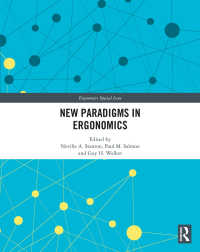- ホーム
- > 洋書
- > 英文書
- > Religion / Ethics
Full Description
Holiness might seem like a simple concept. Yet, when one compares the array of objects that are called "holy" in the Hebrew Scriptures and Christian New Testament, there may seem to be no points of similarity between God, humans, time, land, temple accoutrements, etc. However, in this book, James M. Arcadi hypothesizes a unitary account of the definition of holiness. What unites holy objects, Arcadi argues, is divine ownership. Holy objects belong to God. In application to God, this motif has profound implications for how one conceives of God and the God-world relation. In application to humans, this book argues that the ownership theme unfurls new insights on a range of doctrinal loci including the doctrines of the imago Dei, justification, atonement, sanctification, and liturgical theology. Bringing biblical studies in conversation with contemporary analytic philosophy, this book offers an analytic systematic theology of holiness.
Contents
Chapter 1 Prolegomena
Chapter 2 The Holiness of the Panentheistic God
Chapter 3 A Panpsychist Panentheistic Incarnational Model of the Holy Eucharist
Chapter 4 God the Holy Person
Chapter 5 Homo adorans: Giving Back to God What Is God's Own
Chapter 6 "You shall be holy, for I the Lord your God am holy"
Chapter 7 Redeeming Ownership: Transignification and Justification
Chapter 8 Unlimited Ownership: The Anglican Articles on the Means of God's Ownership of Humans
Chapter 9 Sanctification as Joint Ownership and the Indwelling of the Holy Spirit
Chapter 10 Pledging Allegiance to God and God's Holy Kingdom








